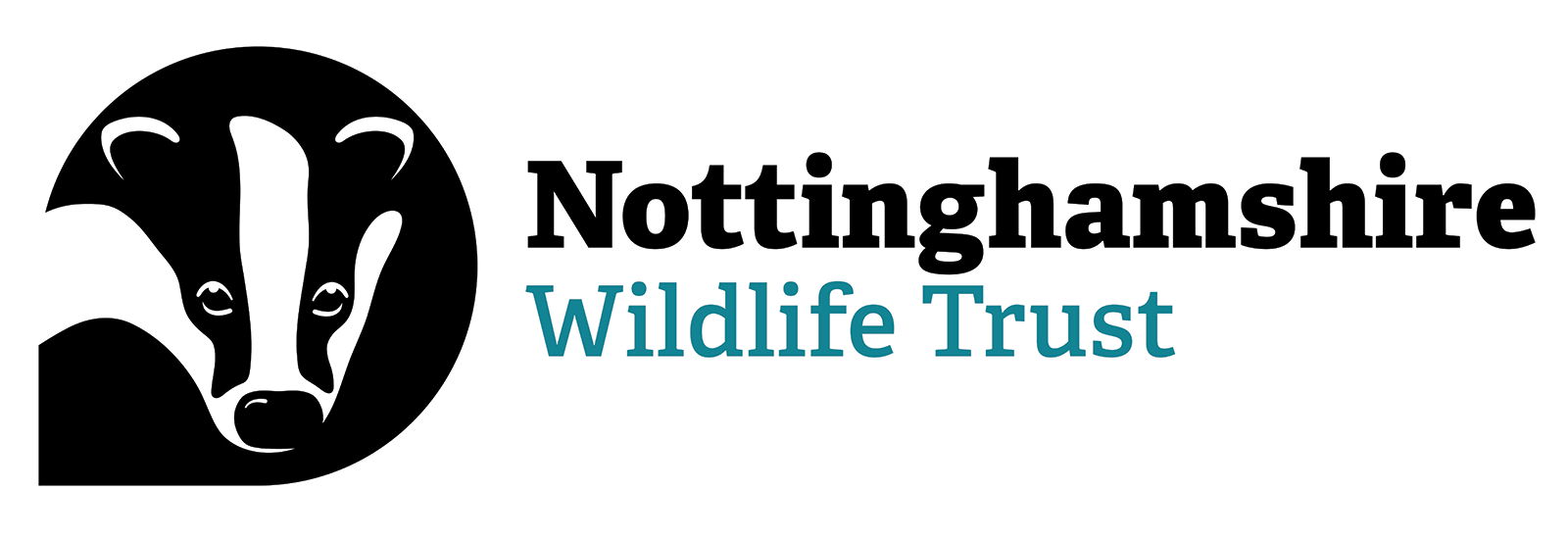Trees from unique Nottinghamshire nature reserve harvested by world’s largest and oldest supplier of cricket bat willow
The recently harvested trees were planted by the company almost 20 years ago, after they harvested an earlier crop of trees. The harvesting forms part of the long-term management of the site, previously a working willow holt that supplied willow rods for Newark’s burgeoning basket making industry, and which was once owned by renowned botanists, Leaver and Brenda Howitt. The Howitts lived in the village and wrote the last complete flora of the county in the 1960s. The couple had a passion for willows and created a unique collection of willow species and hybrids from across the world at the site.
Since the Wildlife Trust bought the site in 1986, the charity has been working to enhance the site’s value for wildlife whilst restoring its heritage. In addition to re-establishing the cycle of harvesting cricket bat willow to help off-set the costs of caring for the site, the charity also worked closely with local experts and the Brackenhurst campus of Nottingham Trent University to identify and replant the couple’s willow collection in 2006.
We’re delighted that JS Wright & Sons have once again been able to harvest our willows. The company’s connection with the site stretches back to the 1960s.Nottinghamshire Wildlife Trust
Speaking about the recent work, Head of Communications Erin McDaid said: “As we approach the 40th Anniversary of the site becoming a Wildlife Trust nature reserve, we’re delighted that JS Wright & Sons have once again been able to harvest our willows. The company’s connection with the site stretches back to the 1960s when they planted a crop of willows for the Howitts and given their expertise as the world’s oldest supplier of cricket bat willow, we knew the crop and the reserve was in safe hands.”
The timber will now be graded and seasoned at the company’s Essex base, before being made into ‘clefts’ ready for making into cricket bats.
Erin continued: “Farndon Willow Holt is a fascinating site. Not only is it a haven for nature and people alongside the Trent, but it is also one of the last remaining remnants of the basket making industry in Nottinghamshire. Working willow holts were once common throughout the Trent Valley but disappeared due to the lack of demand for traditional willow products, the development of sand and gravel workings, urban development and pressure from intensive agriculture.”
Many of the Trust’s sites across the county have a productive past. Wilford Claypit once supplied clay for the manufacture of bricks whilst Ashton’s Meadow, near Retford and Besthorpe Meadows near Newark were created to provide winter feed for livestock. Ancient woodlands such as Treswell Wood, also near Retford, once provided everything from firewood to timber for construction and ship building.
Erin added: “As well as caring for wildlife which relies on our reserves and ensuring that they are accessible for people to enjoy and connect with nature, wherever possible we work to maintain links with our sites’ heritage – whether by sustainably harvesting timber or taking a hay crop to feed our livestock through the winter.”
Get involved
The Trust, which cares for over 1250 hectares of nature reserves across the county has recently launched its Action for Wildlife Appeal to help raise funds to cover the ever increasing cost of managing its reserves to provide habitat for species such as turtle dove, bittern, otters, efforts bringing back rare and threatened species such as the beaver and water vole and the charity’s work to prevent wildlife sites being lost to damaging development.
